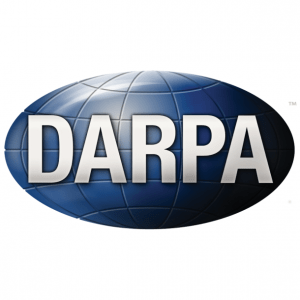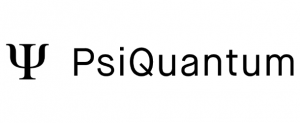 The US Department of Defense will invest up to $140 million to develop a national proving ground for quantum technologies in the Chicago region, Illinois Governor JB Pritzker announced July 16.
The US Department of Defense will invest up to $140 million to develop a national proving ground for quantum technologies in the Chicago region, Illinois Governor JB Pritzker announced July 16.
The Defense Advanced Research Projects Agency (DARPA) — a Defense Department agency that invests in breakthrough technologies for national security — and the State of Illinois are partnering to test quantum technology prototypes on the state’s soon-to-be-built quantum campus, leveraging Illinois’ recent $500 million quantum budget outlay and the region’s deep bench of world-leading scientists to strengthen national security. The location of the campus, which will include shared cryo facilities, equipment labs, and research spaces for both private companies and universities, has not yet been announced.
Through the DARPA-Illinois Quantum Proving Ground (QPG), the State of Illinois aims to fuel innovation, drive economic growth, and attract leading quantum technology companies to the state. DARPA plans to request proposals from quantum companies through its new Quantum Benchmarking Initiative.
DOE & DARPA sign MOU to enhance quantum computing initiatives
 The U.S. Department of Energy (DOE) and the Defense Advanced Research Projects Agency (DARPA) announced July 16 a Memorandum of Understanding (MOU) to coordinate quantum computing efforts.
The U.S. Department of Energy (DOE) and the Defense Advanced Research Projects Agency (DARPA) announced July 16 a Memorandum of Understanding (MOU) to coordinate quantum computing efforts.
The MOU establishes a framework for planning and coordinating future research, development, engineering, and test and evaluation activities related to quantum computing. Part of that work will include deep analysis of the current status of quantum computing and where it is going.
The partnership will leverage the DOE’s significant investment in quantum over decades, including five national research centers, user programs for quantum computers, quantum computing and internet testbeds, and basic research in materials, chemistry, theory and simulation, imaging, and sensing. The partnership also will enable advances in quantum science and technology and the application of quantum technology to the DOE’s mission areas.
PsiQuantum & Australian universities collaborate to develop advanced quantum computing programs
 PsiQuantum has signed a memorandum of understanding with five leading universities in Queensland to help support the growing demand for skills in the quantum computing economy and to explore research projects in adjacent fields according to July 16 news announcement.
PsiQuantum has signed a memorandum of understanding with five leading universities in Queensland to help support the growing demand for skills in the quantum computing economy and to explore research projects in adjacent fields according to July 16 news announcement.
The consortium of Queensland universities includes the University of Queensland, Griffith University, Queensland University of Technology, University of Southern Queensland and the University of the Sunshine Coast. This collaboration will provide a framework for academic institutions in Australia to offer opportunities for academic, postgraduate, and undergraduate placements that will attract and retain leading Australian and global talent.
Within this partnership, PsiQuantum will work closely with the five universities to build out targeted educational programs to meet the skills requirements for the rapidly growing sector of quantum computing and other advanced technology industries. These skill sets cover a wide variety of roles from that of quantum applications engineers, mechanical, optical, and electrical engineers; software developers, and technical lab staff.








 Oxford Ionics has demonstrated the highest performing quantum chip in the world, which can be produced at scale in a standard semiconductor fabrication plant,
Oxford Ionics has demonstrated the highest performing quantum chip in the world, which can be produced at scale in a standard semiconductor fabrication plant, 











